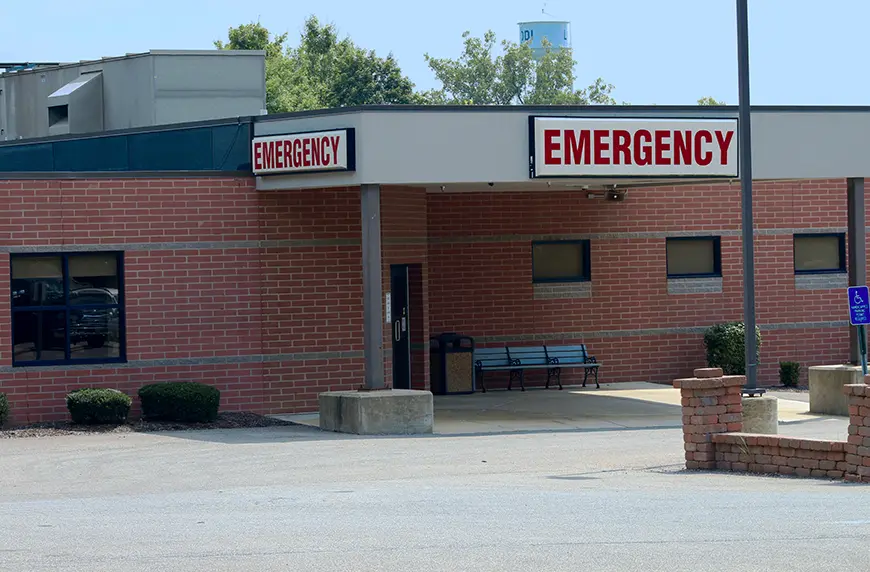From generative AI to regulatory uncertainty, here are 7 telehealth trends popping up in 2025.
Category - Healthcare Trends
Healthcare organizations are evaluating the future of telehealth and working to craft a more deliberate, strategic approach to virtual care. Here's how.
Explore the latest trends in the 2024 Benchmarking Report on Search Dynamics and Trends released by AAPPR.
Learn why physicians are interested in telehealth, and how it can improve patient access while lowering costs and provider burnout.
Discover critical components to expand your telehealth program and navigate the latest telehealth rules and regulations.
Study finds 71% of jobs worked by locum tenens physicians are in HPSA areas, giving care to underserved communities.
Contrary to popular belief, physicians are often not in a hurry to retire. This is one of many findings from a 2024 CHG survey.
Discover the evolution of the telehealth industry and how organizations are innovating to provide future care.
Physicians are starting residency with more medical school debt and taking longer to repay it, according to a 2024 CHG survey.
A 2024 CHG Healthcare survey found that 62% of physicians have made a career change since 2022.
Two surveys found locum tenens physicians have a positive experience and are driven by earning potential, schedule flexibility, and better work/life balance.
Federal and state agencies are evolving their regulations, while payors and health systems are reevaluating the best use cases for virtual care.
To combat workforce shortages, many healthcare facilities are finding telehealth nursing is both a cost-effective and efficient solution.
Key insights into how healthcare organizations are using locum tenens providers to improve efficiency, productivity, and satisfaction.
Physician suicide is a preventable tragedy. Too often, it’s the outcome of stigma, shame, and the silence associated with mental illness.














